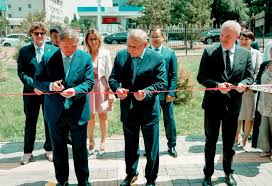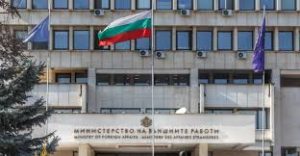EU redirects €135m from Russia to Ukraine

Brussels: The European Commission has redirected €135 million earmarked for EU regional cooperation with Russia and Belarus to programmes with Ukraine and Moldova, including funds for research and education.
Its move, a result of Russia’s ongoing invasion of Ukraine, represents a significant change to plans for cooperation with the EU’s regional neighbours.
The bloc’s Interreg Next regional cooperation programmes have a total budget of €1.1 billion for the period 2021-27, with four out of five of the programmes involving Ukraine or Moldova. The EU suspended cooperation with Russia and Belarus in such programmes in 2022 after the invasion ramped up.
In an announcement on 16 August, Elisa Ferreira, EU commissioner for cohesion and reforms, said she is “glad that the funds we had initially planned for this cooperation will now benefit the EU’s programmes with Ukraine and Moldova”.

“This will help strengthen collaboration between EU regions and local stakeholders with Ukrainian and Moldovan partners,” Ferreira added.
The funds support a range of activities including research and education projects, health services, cross-border transport links and “reinforcing the institutional capacity of Ukrainian and Moldovan public authorities”, the Commission said.
Europe’s academic landscape also continues to be reshaped by the war in Ukraine. In a recent move, dissenting Russian academics have set up an Independent Institute of Philosophy in France, having left their home country because of the invasion.
The founders are former members of the Institute of Philosophy of the Russian Academy of Sciences. Academia Europaea, a pan-European academy of scientists and scholars, said on 16 August that one of the institute’s aims will be supporting other scholars forced to leave Russia.





